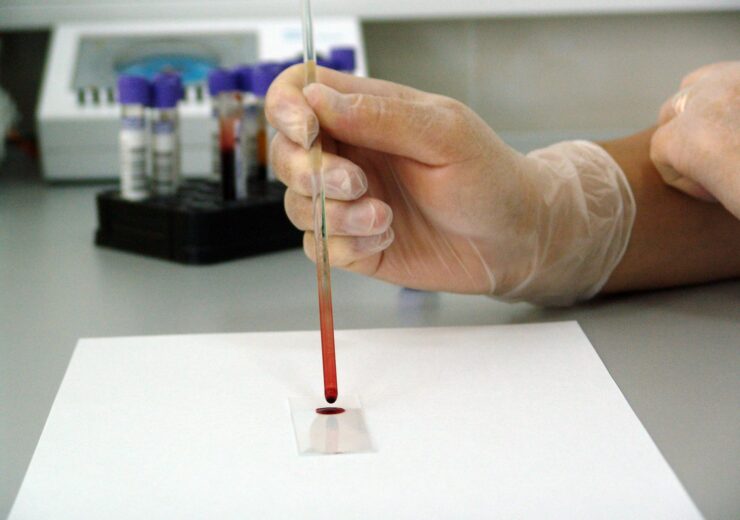The side-by-side study was led by a team of Bristol Myers Squibb (BMS) scientists who evaluated five leading large gene panel circulating tumor DNA (ctDNA) NGS assays

Predicine announced the results of study that demonstrated superior performance of the PredicineATLAS liquid biopsy next-generation sequencing assay. (Credit: PublicDomainPictures from Pixabay)
Predicine, a global molecular insights company, today announced the results of a new research study that demonstrated superior performance of the PredicineATLAS liquid biopsy next-generation sequencing (NGS) assay compared to four other leading liquid biopsy assays for key metrics. The manuscript, “Direct comparison of circulating tumor DNA sequencing assays with targeted large gene panels,” was released online ahead of publication in PLOS ONE.
The side-by-side study was led by a team of Bristol Myers Squibb (BMS) scientists who evaluated five leading large gene panel circulating tumor DNA (ctDNA) NGS assays. Identical blinded reference panels that simulated clinical cell-free DNA samples were supplied to and tested by each vendor. Resulting data was summarized and delivered to BMS scientists who performed detailed unbiased analyses of each assay’s performance.
The study found that in key metrics, including detection sensitivity, specificity, accuracy, and reproducibility, the 600-gene PredicineATLAS (referred to as “Assay B” in the study) outperformed all other tested assays. For example, at the low DNA input level (10ng), PredicineATLAS delivered the highest sensitivity among all assays. In addition, PredicineATLAS demonstrated 100% specificity (i.e., no false positives). In terms of accuracy, PredicineATLAS most closely mirrored the expected mutation fraction, especially at low level (0.125%), delivering the highest accuracy among the five tested assays. Of note, the study also reported that PredicineATLAS not only exhibited the highest median coverage depth at the low DNA input level (10ng), but also the highest background noise filtration rate, highlighting the robustness of the Predicine NGS workflow and bioinformatics pipeline. In addition, the Predicine assay was also the only liquid biopsy platform examined in the study capable of detecting gene deletion or copy number reductions (CNR).
The paper highlighted that “Assay B eliminated over 95% of background noise through its bioinformatics pipeline without using a germline DNA sample as a control. This is impressive, considering Assay B also achieved the highest sensitivity among the five assays.”
“Liquid biopsy assays with large gene panels have not been systematically assessed through direct comparison studies,” said Dr. Massimo Cristofanilli, Director of Breast Medical Oncology and Associate Director for Precision Oncology at the Sandra and Edward Meyer Cancer Center at Weill Cornell Medicine, who was not involved in this study. “This study shows that, while all technologies show comparable sensitivity, some differences emerge. I believe that the results of this study are highly informative and provide a desired framework to evaluate and select suitable liquid biopsy assay platforms for clinical implementation including patient testing, clinical trial, and companion diagnostics (CDx) development.”
Source: Company Press Release
